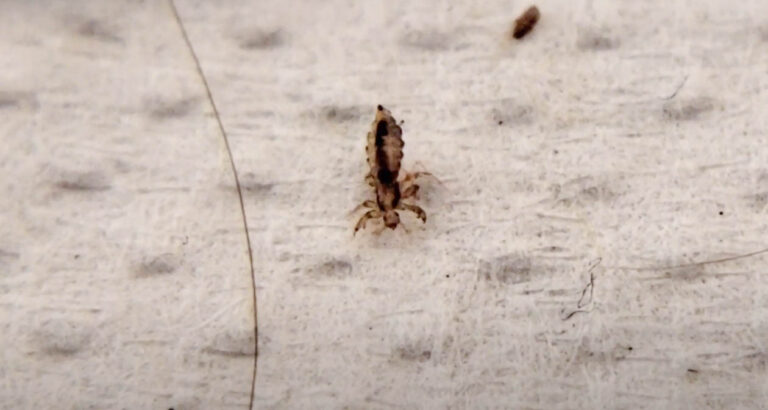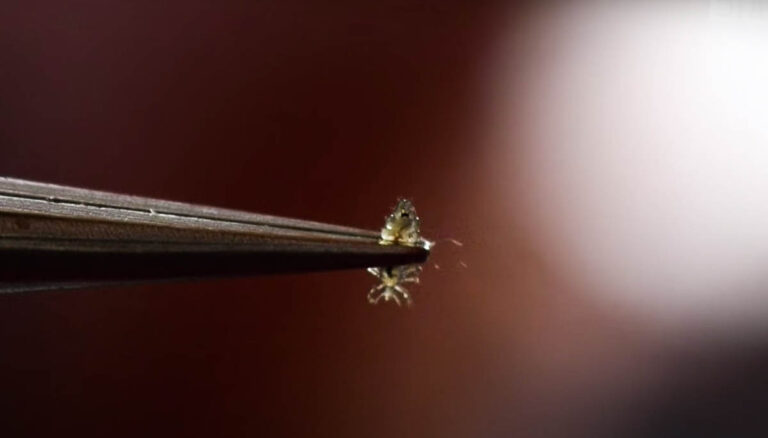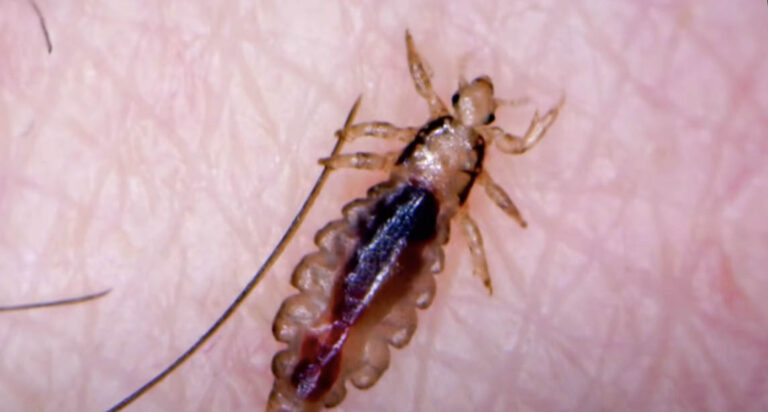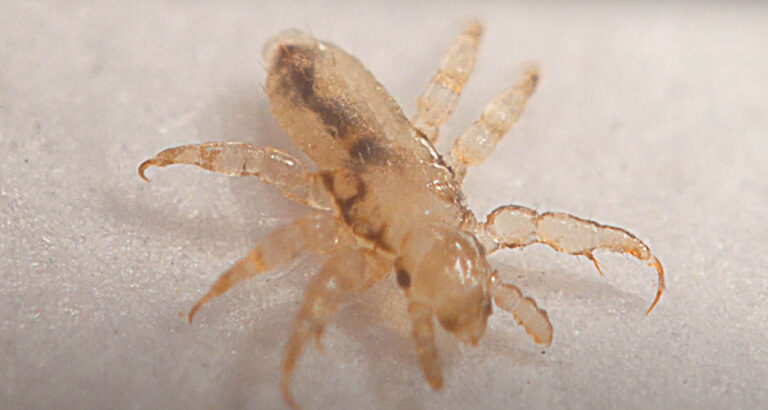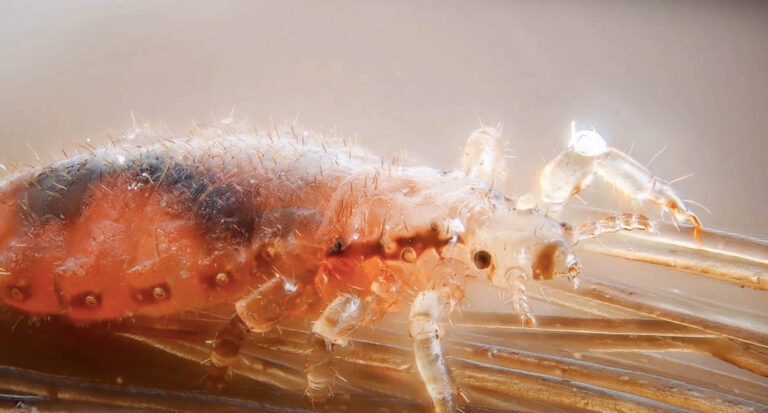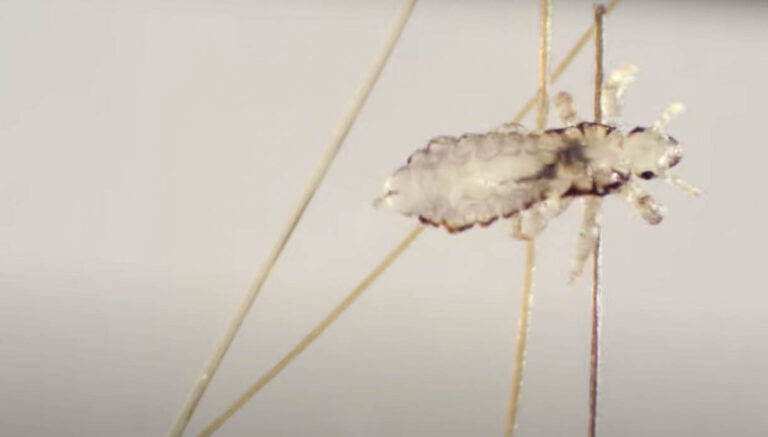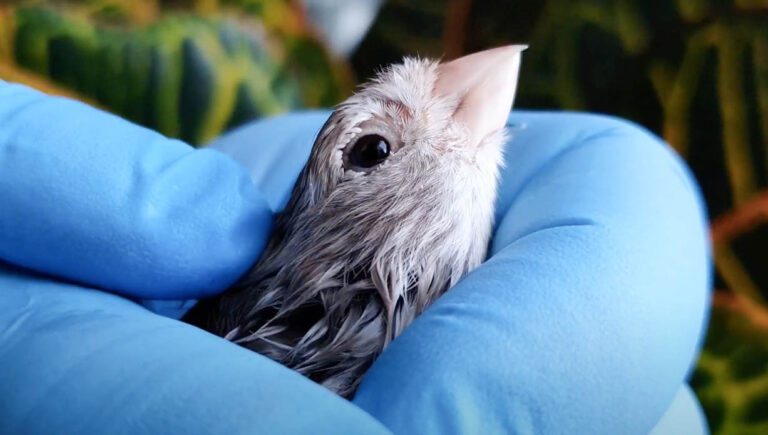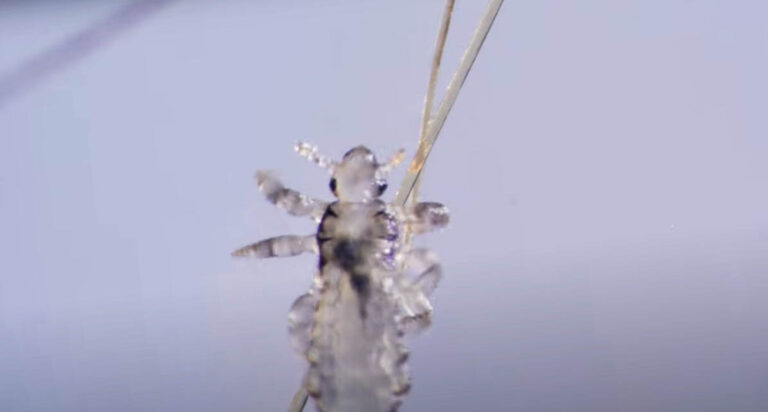Can lice spread diseases?
Can lice spread diseases?
Lice, a certain parasite in humans and animals that are known to remain only on the surface of the skin, can cause a series of irritations to their host. However, one thing about these pests is that they normally don’t have the ability to carry diseases. Although they tend to feed on blood, they don’t do the act of transferring it -unlike the way mosquitoes do. Human lice are unable to transfer illness by consuming blood from the host. In fact, they generally aren’t considered a medical hazard. One type of lice that do transmit disease is body lice. From the name itself, they are known to be found on the body -mainly attaching themselves to clothes and traveling to the host’s body to feed either on the skin or blood. They commonly leave bites on the neck, shoulders, armpits, waist, and other areas where clothing seams tend to touch the skin. Body lice are likely to come from staying in unhygienic and crowded living areas.
Body Lice in Transmitting Diseases
There are certain complications that can occur due to a body lice infestation. While they are often minimal, there are cases where the lice cause further issues other than the common itch and red bumps. Some of these include the following:
1. Infections which is caused by constant and harsh scratching of the skin due to irritation, wherein the host eventually encounters other infections from the wounds that come from the itches.
2. Changes in the skin such as thickening and discoloration. This happens when the host has been dealing with a body lice infestation for a rather long time. Skin changes are especially evident in the waist, groin, or upper thighs.
3. Disease spreading is perhaps the worst-case scenario with a body lice infestation. While other types of lice don’t necessarily transmit disease, body lice are the exception. Although, this is likely to occur in situations or places where proper hygiene becomes extremely difficult.
Studies show that body lice don’t have a good immune system when it comes to fighting off the bacteria that can cause trench fever -which is one of the diseases that body lice can spread. When body lice come into contact with the bacteria, it only ends up progressing further into the parasites and therefore causes them to be carriers of said disease. Simply put, it’s like the body lice get infected with trench fever bacteria and end up passing the disease onto their human hosts when they make contact with the skin to feed.
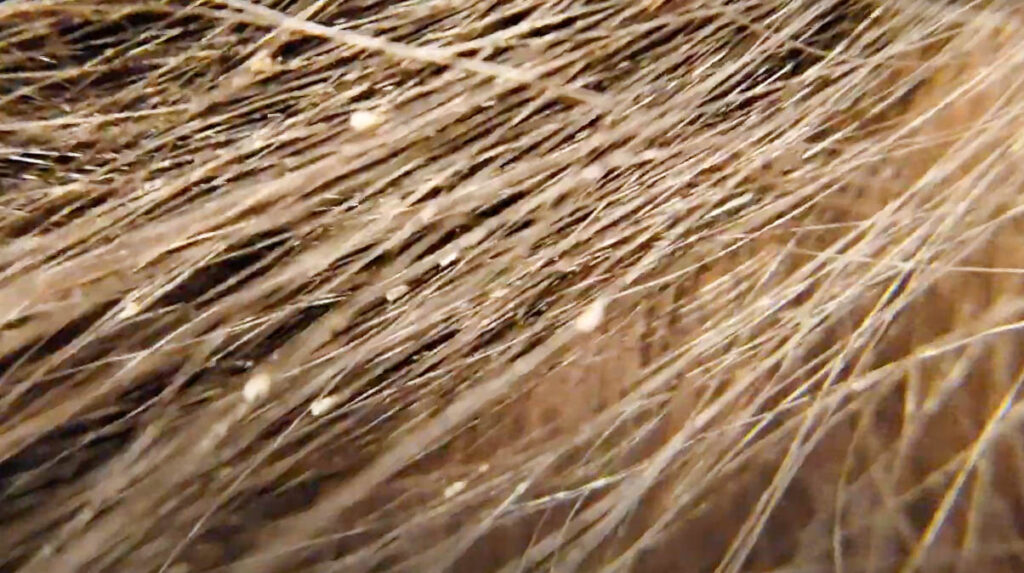
What Diseases Can Lice Transfer?
There are only certain diseases that body lice can transfer, mainly because their immune system doesn’t respond well to the bacteria. The diseases lice can transfer are:
Typhus
This is a common disease that comes from infected parasites such as mites, fleas, ticks, or lice. Spreading body rashes, high fever, nausea, malaise, diarrhea, and vomiting are a few of the symptoms that an infected person can experience from having typhus. In more severe cases, they may also experience bleeding, delirium, hypotension, and potentially even the risk of death.
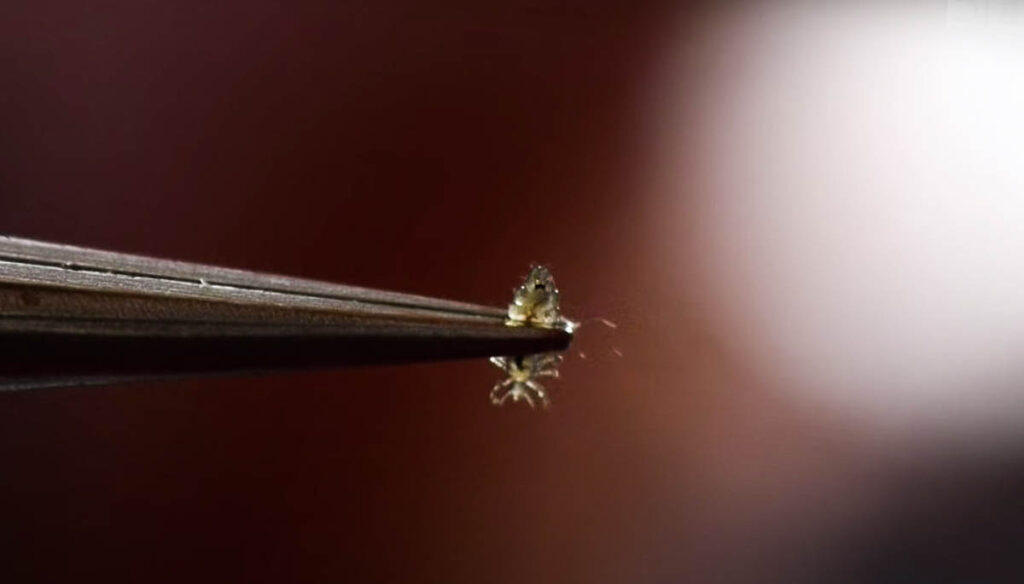
Relapsing Fever
Relapsing fever refers to a bacterial infection wherein the infected person experiences recurring bouts of fever along with head, muscle, and joint aches. Nausea is also a part of the common symptoms. This type of disease mainly comes from different parasites such as ticks and lice.
Trench Fever
Trench fever is known to be a severe disease that puts the infected person at risk of death. This is caused by an organism that multiples in the gut of a body louse -which is what causes them to become carriers of the disease. Other than having the lice bite onto a host, this can also be contracted when infected louse feces are rubbed abrasively against the skin or when it comes into contact with the whites of the eyes.

